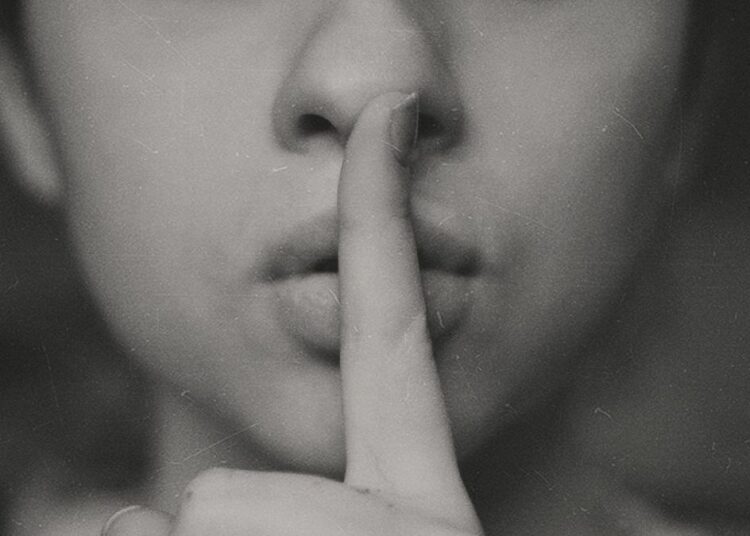In less than a month, the 2020 Tokyo Olympic Games will begin; postponed last July because of the COVID-19 pandemic. This time they will feature a novelty: the participation of biologically male athletes in female competitions. The first one to get a pass is New Zealander Laurel Hubbard, born Gavin. His debut will be on August 2, when he will aim for a medal in the 87 kg+ category of the weightlifting competition. At 43 years old, he will be the oldest athlete in this competition. The son of the former mayor of Auckland, he had competed in men’s categories without any particular success until 2013. The change of record came after he completed the gender transition journey. Since then he has taken home several honors, including a silver at the 2017 World Championships and a gold at the Pacific Games in 2019.
The testosterone deception
The breakthrough for transgender athletes dates back to January 2016, when the International Olympic Committee (IOC) decided that men who want to compete in competitions reserved for the opposite sex no longer need surgery; it is enough that they lower their testosterone levels. However, the decision was panned by a study published in Sports Medicine and reported by The Guardian: researchers have found that the loss of lean body mass, muscle area and strength is only 5% after twelve months of taking drugs to reduce testosterone. They explain, even when the male hormone is suppressed in significant amounts, i.e. one nanomole per liter (nmol/L), it does not “remove the anthropometric and muscle mass/strength advantage in any significant way”.
Mockery for the female opponent
Hubbard’s successes among female competitors, in fact, show that a male athlete’s advantage is undiminished by lowered testosterone levels. His participation among the women at the Tokyo Games has been greeted with enthusiasm by the Olympic Committee of New Zealand, whose President Kereyn Smith commented: “We have a strong culture of manaaki, that is inclusion and respect for all”. It is a pity that this exotically named culture does not, in this case, contemplate the mocking bitterness that will inevitably befall the athlete who will not be able to participate in the Olympics because her place has been taken by a biological male.
“Bad joke.”
And so, it’ll be an Olympics of “firsts” for Hubbard, for “transgendered” persons, for New Zealand… for sport.
But not for one Kuinini Manuama who hails from the tiny Polynesian kingdom of Tonga. The 21-year old should be competing in her first-ever Olympics but will be excluded, in the spirit of “inclusivity”. Instead of a nation being proud of sending five athletes to the Games, it’ll be a little heart-broken at having to cheer for now four.
While the entire world has made mention of Hubbard’s “accomplishment”, there has been comparatively little reaction from regarding Manuama’s plight.
But Belgian weightlifter Anna Vanbellinghen has expressed strong dissent. She spoke of a “bad joke” stressing that it is unfair that “some athletes have had life-changing opportunities taken away from them, and we are powerless”. On the same wavelength, the Prime Minister of Samoa, Tuilaepa Sa’ilele Malielegaoi, stated: “It’s not easy for female athletes to train long and then see that such stupid things are allowed”.
Silent women
It makes one wonder what former New Zealand weightlifter Tracey Lambrechs revealed a few weeks ago: women are being asked to “shut up” when they dare to have doubts about the propriety of admitting Hubbard to women’s competitions. It’s curious to see this modus operandi while at the same time there is so much talk of women’s empowerment. Lambrechs said that impatience among female athletes is widespread, but she can’t find a way to express herself publicly.
The letter of a Canadian athlete
Something, however, is moving. Former Canadian track and field champion Linda Blade recently wrote a letter to the IOC–picked up by FeministPost–to complain that the decision to admit trans athletes to women’s competitions was made “without extensive discussion and without informing those affected,” namely female athletes. Blade speaks of an “outrageous and unfair” decision and offers a number of studies showing the advantages of men competing with women, even with lowered testosterone levels.
She added: “No one wants the 2020 Tokyo Olympics to be ridiculed and shamed as the ‘historic’ moment when a man stepped onto the Olympic podium that was a woman’s due.” Hence, her appeal to the media to tell them that the IOC is getting it wrong. Who knows whether some other media outlet will decide to take up the call by giving women a voice, or if they will remain silent and–in doing so–keep quiet on the egregious injustice being done to female athletes.




















Discussion about this post